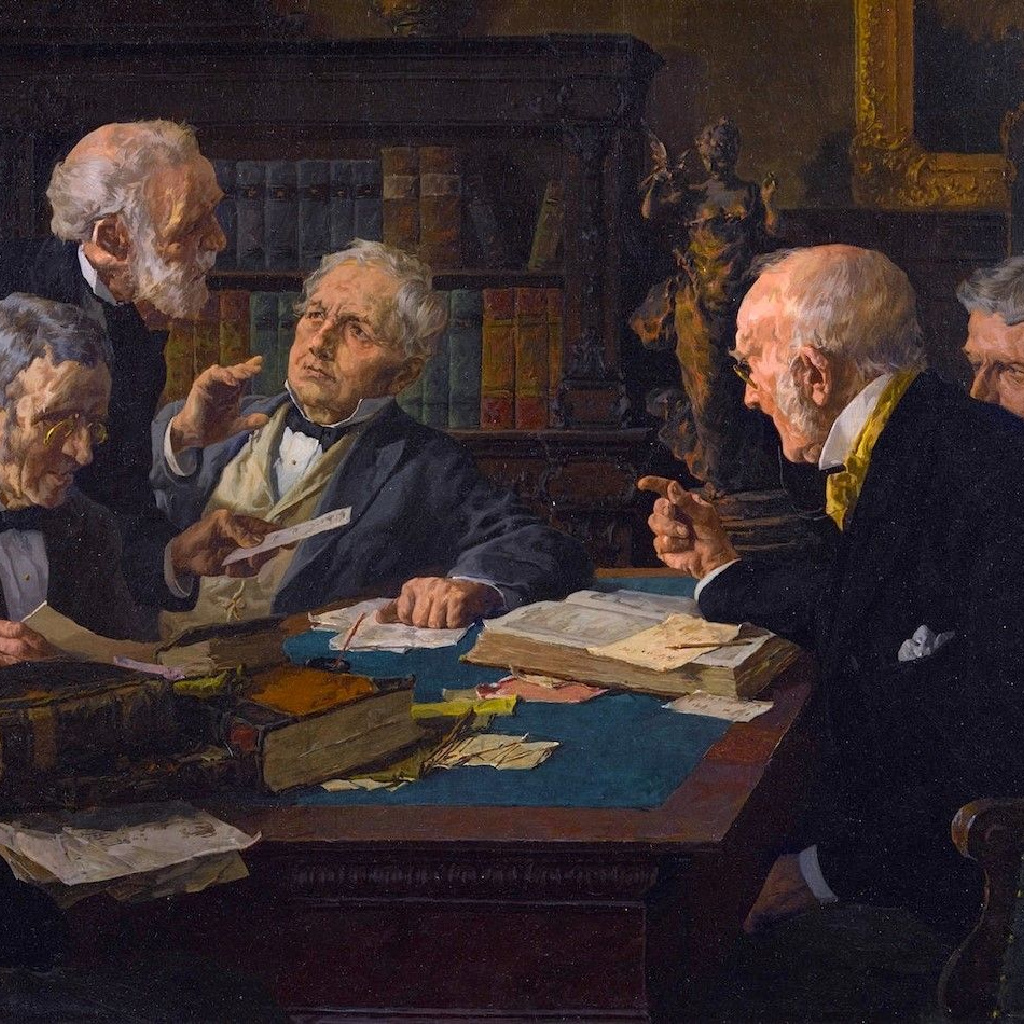
Is Popular Discourse Set Up to Point Us Towards Truth?
It’s understandable why we take for granted that our national conversations about all sorts of things are orienting us towards the truth of the matter. But what if they’re not?

It’s understandable why we take for granted that our national conversations about all sorts of things are orienting us towards the truth of the matter. But what if they’re not?

Does religious commitment by a scientist or university corrupt the neutral scientific process? Only if you’ve come to believe a popular myth about science itself.

Many appeals for peace center on various ways to bring people into greater cognitive alignment. But as highlighted in recent addresses, modern prophets are pointing towards a deeper pathway to peace centered on orienting our hearts collectively toward the great Parent of us all.
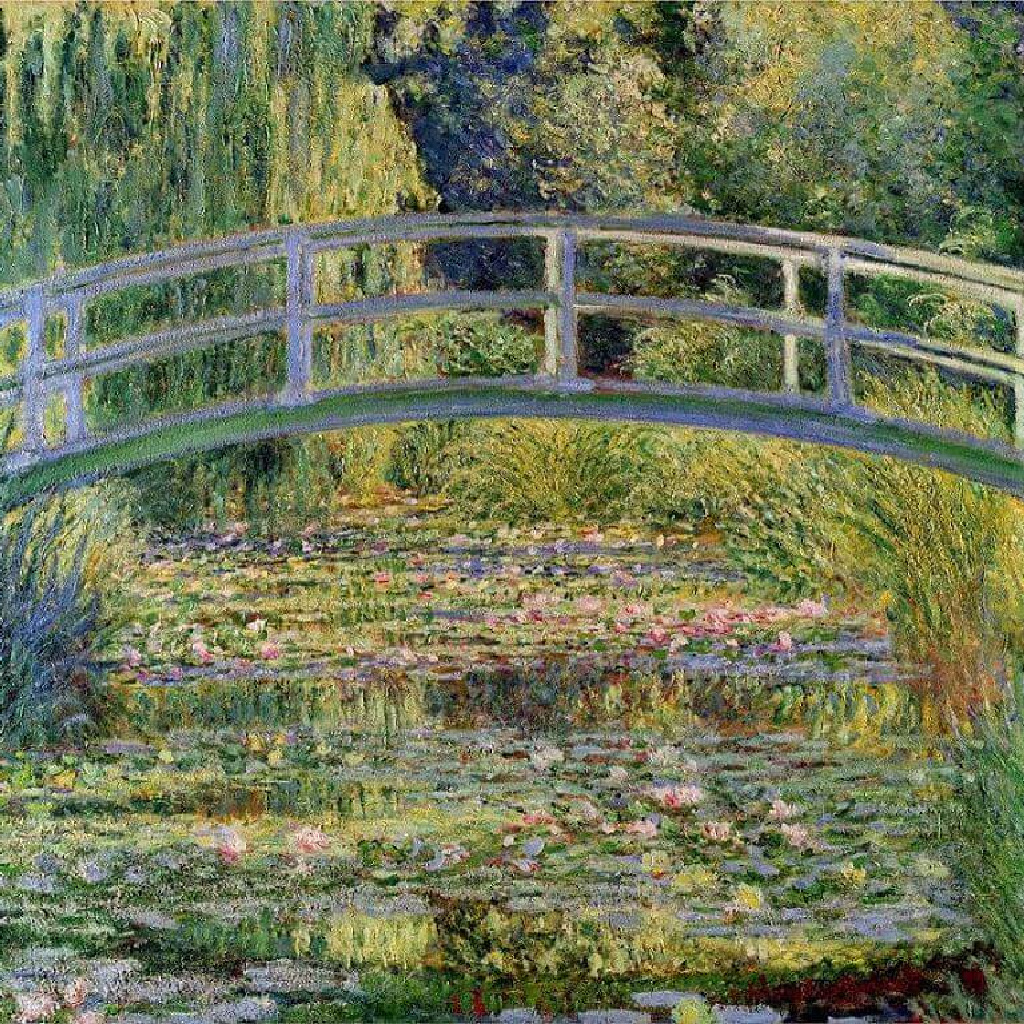
In Faith Matters’ podcast, “Elusive Unity at BYU,” Church teachings about sexuality and the family are characterized as in profound conflict with the “real experiences” of Latter-day Saints identifying as LGBT+. In what ways might unexamined assumptions about identity be contributing to this same divide?

In demanding activities we don’t always know exactly what we’re getting into. Thank goodness.

Elaborating the rationale for agreeing to a group pseudonym to be used in select articles in the days ahead.
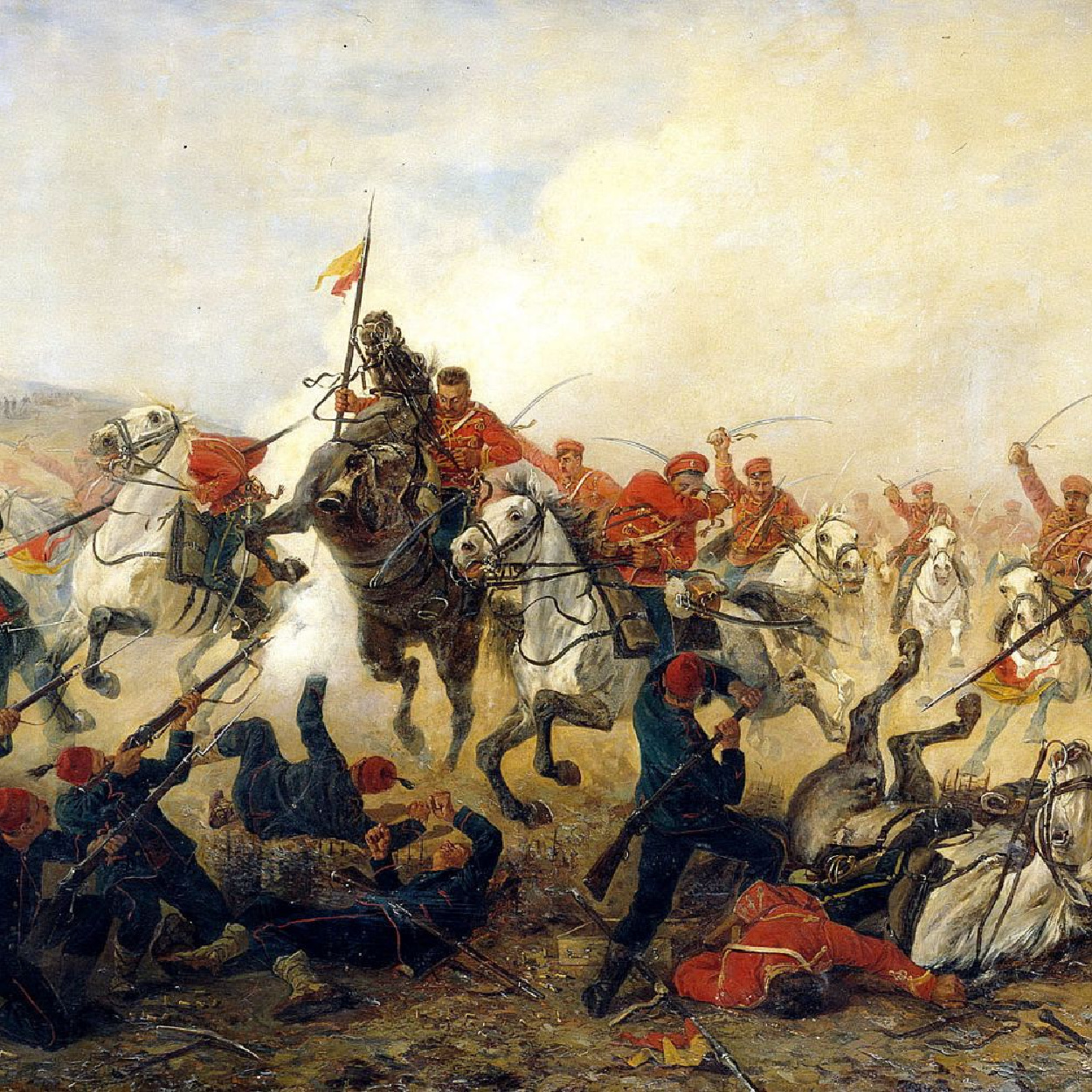
Behind our beliefs, there looms the figure of Authority. Can we effectively evaluate the truth of a claim without dealing with what authority we trust?

How discussions are pre-loaded for failure.

This is the sixth in a series by Arthur Peña, Charles Randall Paul, and Jacob Hess called “Inevitable Influencers: Why (deep down) we all want—and need—to persuade each other of what we see as good, beautiful, and true.” Previous pieces include “Why Persuasion Should be a Sweet (Not a Dirty) Word”; “The Threat of Persuasion,” and “My Truth? Your Truth? No Truth?”; “The Virtues of Strong Disagreement,” and “Our Judgment Against Judgment.”
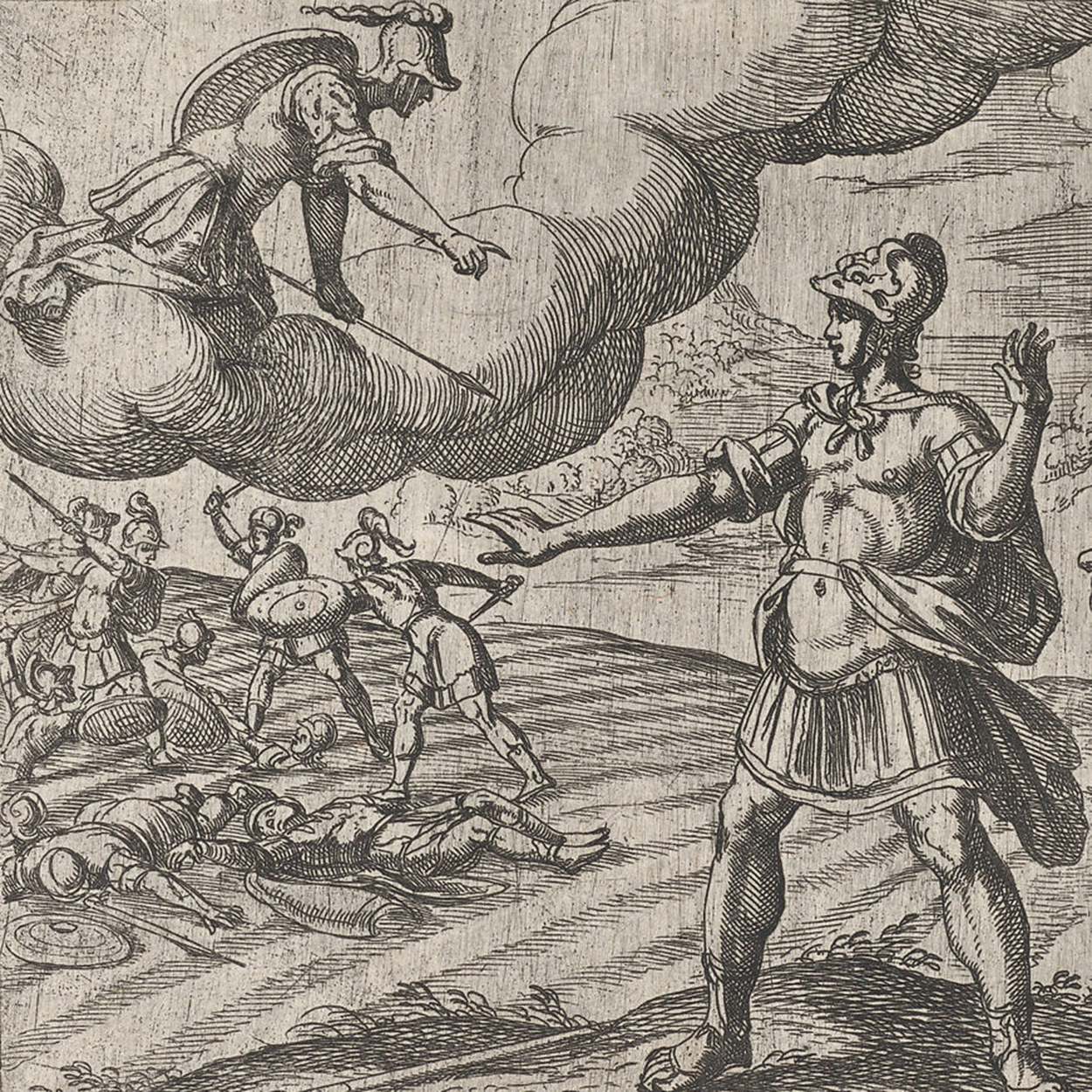
Being judged for being “judgmental” has become so commonplace we hardly think twice about it. But sound judgment says we should.
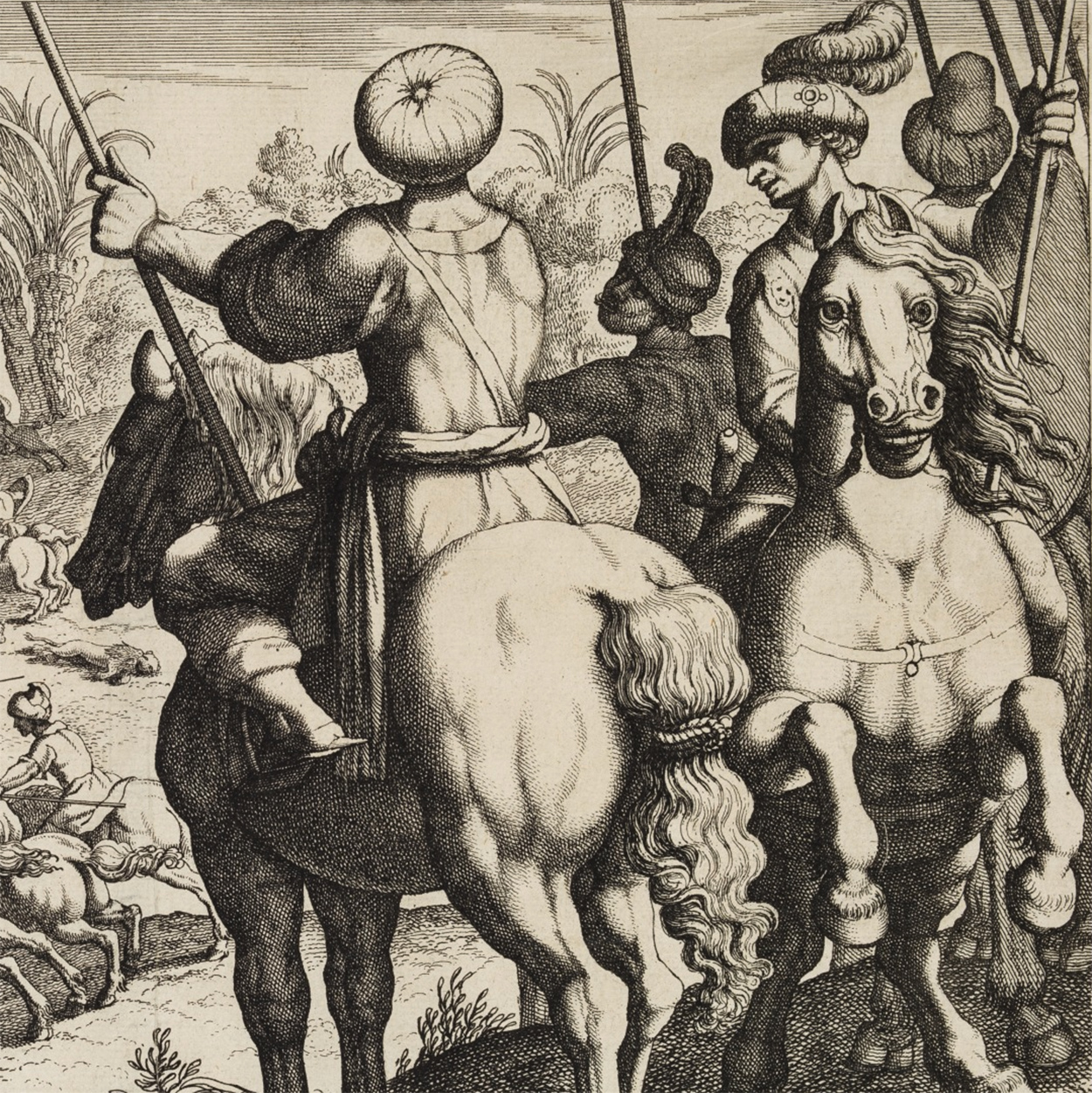
Serious differences generate serious discomfort for us all. Could that be why they’re so good for us?
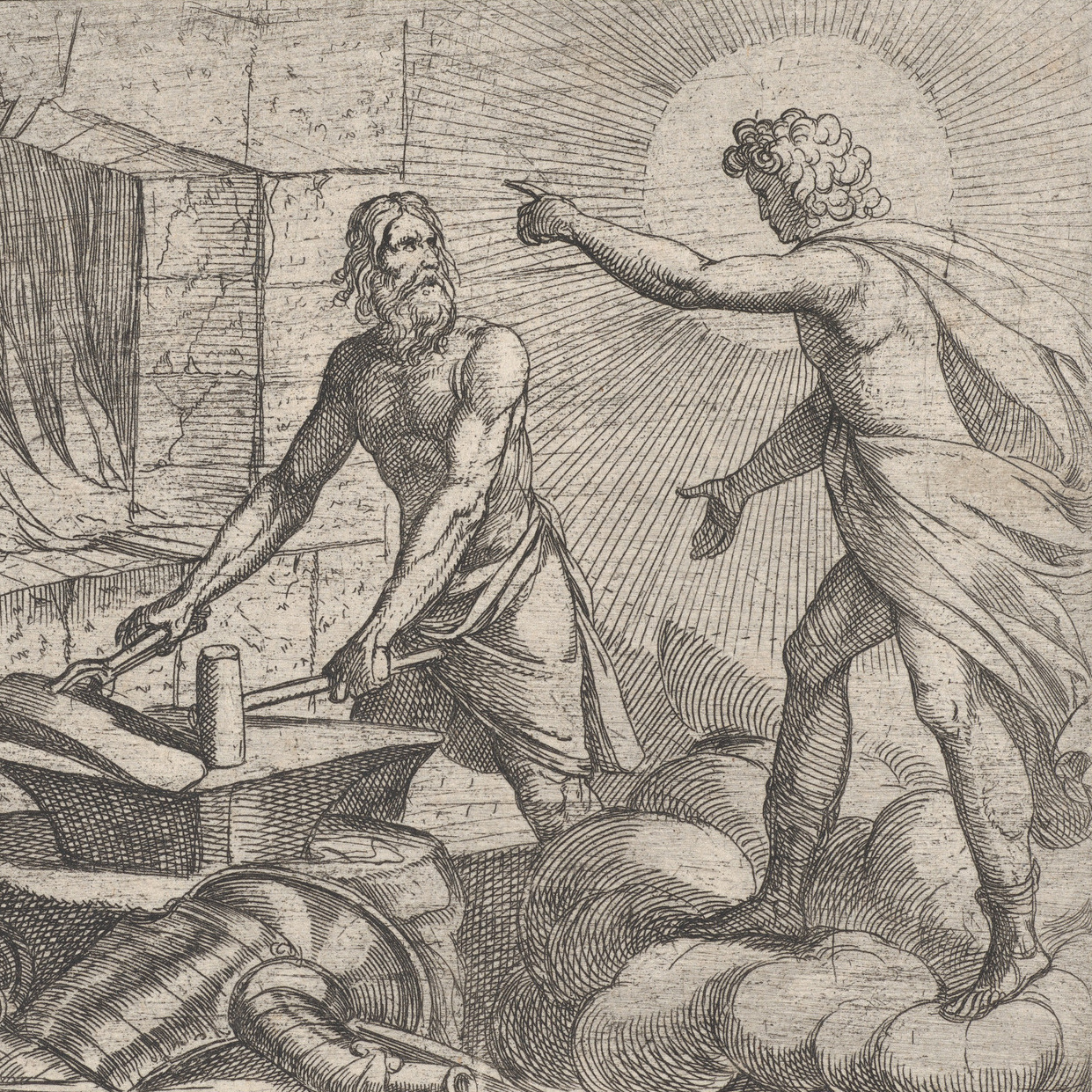
The dwindling sense of a common pursuit of truth is contributing to a deteriorating public discourse. Maybe it’s time to stand up for the truth about truth.